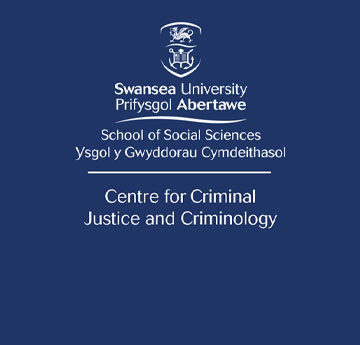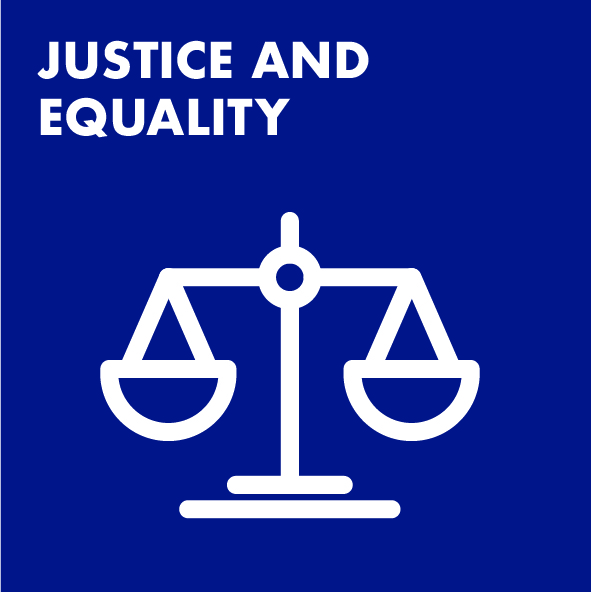The Challenge
The Student Sex Work Project (TSSWP) carried out the first large scale study into the nature and prevalence of students engaged in sex work in the UK.
Key aims of the project included the creation of pioneering services to improve the wellbeing of student sex workers, drawing on project data to support the development of services more generally (e.g. student support and sexual health), as well as innovative ways to disseminate project data – capable of breaking down stigma and enhancing support services.
In all aspects of the project, the overarching aim was to create opportunities and avenues to ensure student sex workers were empowered and their voices heard.
The Method
Professor Tracey Sagar and Professor Debbie Jones at the School of Law have worked in partnership with sexual health charity Terrence Higgins Trust, the National Health Service, the National Union of Students and very importantly, students engaged in sex work. The project survey received over 6,700 responses from students and provided evidence that approximately 5% of students engaged in sex work with approximately 22% considering sex work.
Employing innovative methodologies, the project set up its own e-health website and net-reach service – providing a safe space for project members to talk (also providing safety information, sexual health advice and counselling). Social documentary filmmaker Professor Christopher Morris also worked with the team to create a stand-alone social documentary and a series of short films drawn directly from the testimonies of student sex workers; the project also reproduced student video diaries. These creative films have been embedded into training packages (face-to-face and online) ensuring that the voices of sex workers shape professional practice.
The Impact
The TSSWP’s strategy of reaching out to the public through print and online media to encourage thinking and understanding of students engaged in sex work resulted in 71 instances of international coverage, spread over 5 continents, with reports in 23 countries.
Student sex work became a key focus of the National Union of Students for the first time and the Union has embedded support for students engaged in sex work into their own policies.
The project findings have informed the services of Terrence Higgins Trust as well as other front line service providers, and over 600 professionals and front line workers have taken up the training developed by the project.
Student sex workers were empowered through their self representation in film and also through the co-production of training. The social documentary and the short films have received over 17 million views.










